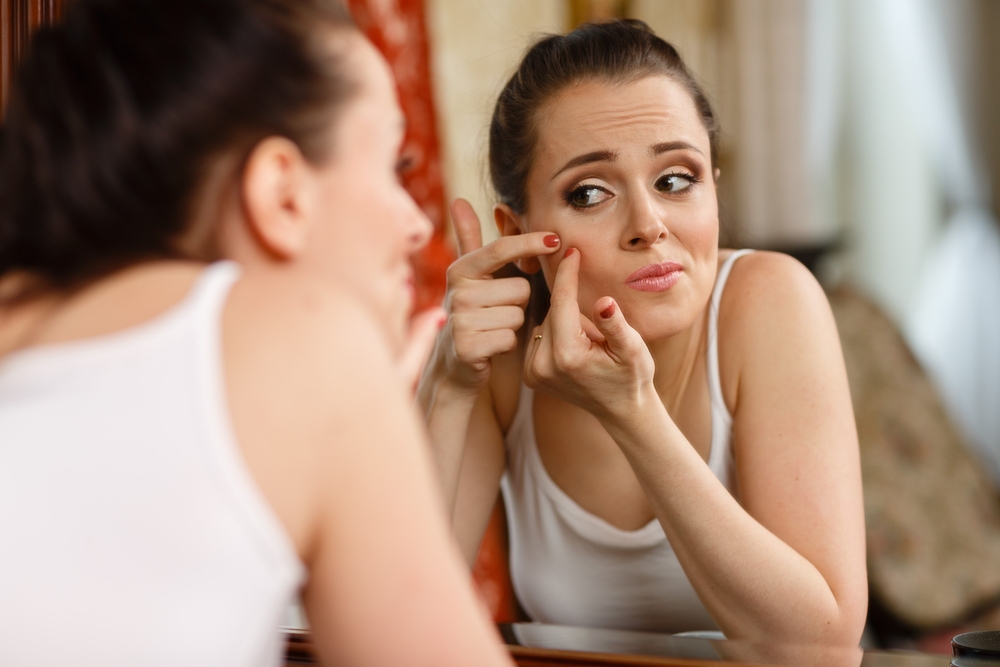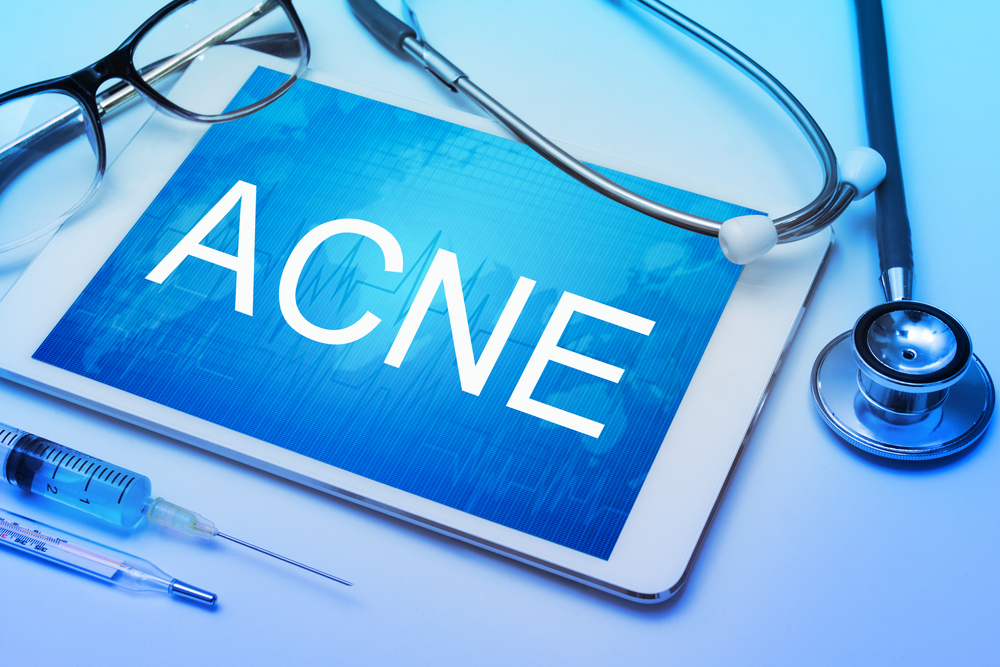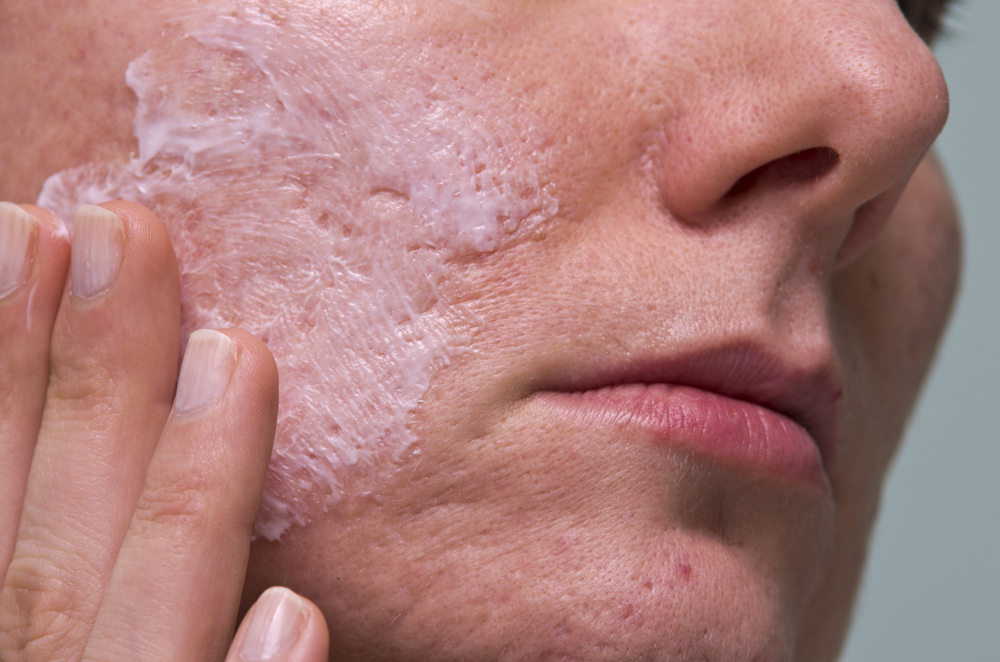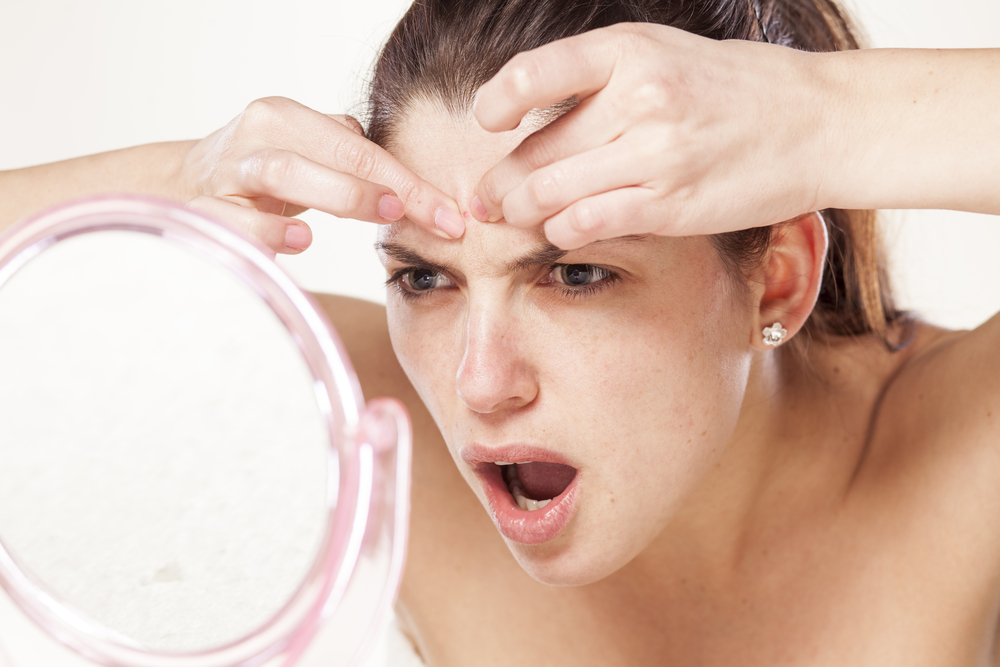Acne of any type can be upsetting, but particularly severe acne can be very depressing. Severe acne is inflamed, often painful, and can happen on both the face and the body. It’s important to start an acne treatment soon because they can often cause scarring. These can be tough to treat, but with the right medications and some perseverance, you really can see a huge improvement in your acne.
Tips to Combat Severe Acne
Generally, the mild or moderate acne can be managed with daily skin home care remedies, whereas, severe acne that is characterized by nodules and cysts may need a referral to a specialist. Following are some of the beneficial tips to get rid of it over the time:

Also Read: Foods that Cause Stained Teeth
- Skip the Over-the-Counter Acne Products – Just the over-the-counter acne products won’t work for severe acne. Instead of wasting time and efforts on them, go for the treatment from a medical professional. You’ll need to be prescribed acne medications to really get your severe cysts under control. This means you should visit a dermatologist. It may also add on to your expense, and some efforts, but once you start seeing the actual improvement you’ll be so glad for you.
- Prescription Topical Medications Are a Better Choice– The first line of defense against acne will most likely to a topical medication. You might even be prescribed more than one. There are plenty of options, and each group of acne medicines works in a different way.
- Topical Retinoids – These are a mainstay of acne treatment. It helps keep pores unclogged, so they’re good at treating blackheads and inflamed breakouts. These can make large pores appear smaller, and are also used to fight aging symptoms.
- Topical Antibiotics – Antibiotics kill bacteria. Bacteria are one of the major acne causes. So, antibiotics are often prescribed to get acne under control. Topical antibiotics are applied to the skin, rather than taken by mouth.
- Combination Medications – Acne improves more quickly when it’s attacked through a combination of resistance. For this, dermatologists suggest multiple medications. In fact, some emerging acne treatments take this idea one step further by fusing two acne-fighting components into one medication. The major advantage of these treatments is they’re easy to use – with just one application you’re done. Whereas, the limitation is that it costs more than other medications.
- Oral Acne Medications– Based on the severity of your acne, and its responsiveness to topical treatment, your dermatologist might prescribe an oral medication to help get them under control.
- Oran Antibiotics – Just like topical antibiotics, oral antibiotics fights with the acne-causing bacteria on the skin. These are usually prescribed along with a topical acne treatment, and used for a short period of time.
- Spironolactone – It is only prescribed for adult women with acne. This medication helps to calm those hormones that cause acne to develop. It’s not beneficial for every woman, but it can be a used for treatment in certain cases.
- Oral Contraceptives– Just like spironolactone, these also regulate hormone fluctuations that can combat acne breakouts. These can be opted by teens and adult women alike for acne cure.
- Isotretinoin– It is a powerful medication and isn’t the perfect choice for every person. But in the right cases, it works on acne that hasn’t responded to anything else. It is generally prescribed for short periods of time, and it usually wipes out acne for good.
- Steroid Injections– An injection of corticosteroid straight away into a cyst helps control inflammation to prevent scarring. This kind of a treatment is carried out by a dermatologist. The injection is diluting. There may be transient side effects after the injection. It is strongly recommended that patients should not try these themselves as it might worsen the skin problem and could lead to serious scarring and deeper infection.
- Self-Care Advice– Steps to avoid making acne worse are useful for anyone with acne, including people with the most severe form of the condition:
- Do not wash too often – Washing twice a day is fine, using a mild soap or cleanser and lukewarm water, but should not be more than that.
- Do not scrub harshly– Avoid abrasive soaps, cleansing granules, astringents, or exfoliating agents.
- Leave pimples alone since picking and squeezing will worsen the acne.
- Avoid using heavy makeup, avoid oily formulations and make sure to remove it before sleeping.
So, don’t give up acne care! Even if you’ve tried to clear your acne before without much success, don’t give up on treatment. Visit your dermatologist for more advice.




